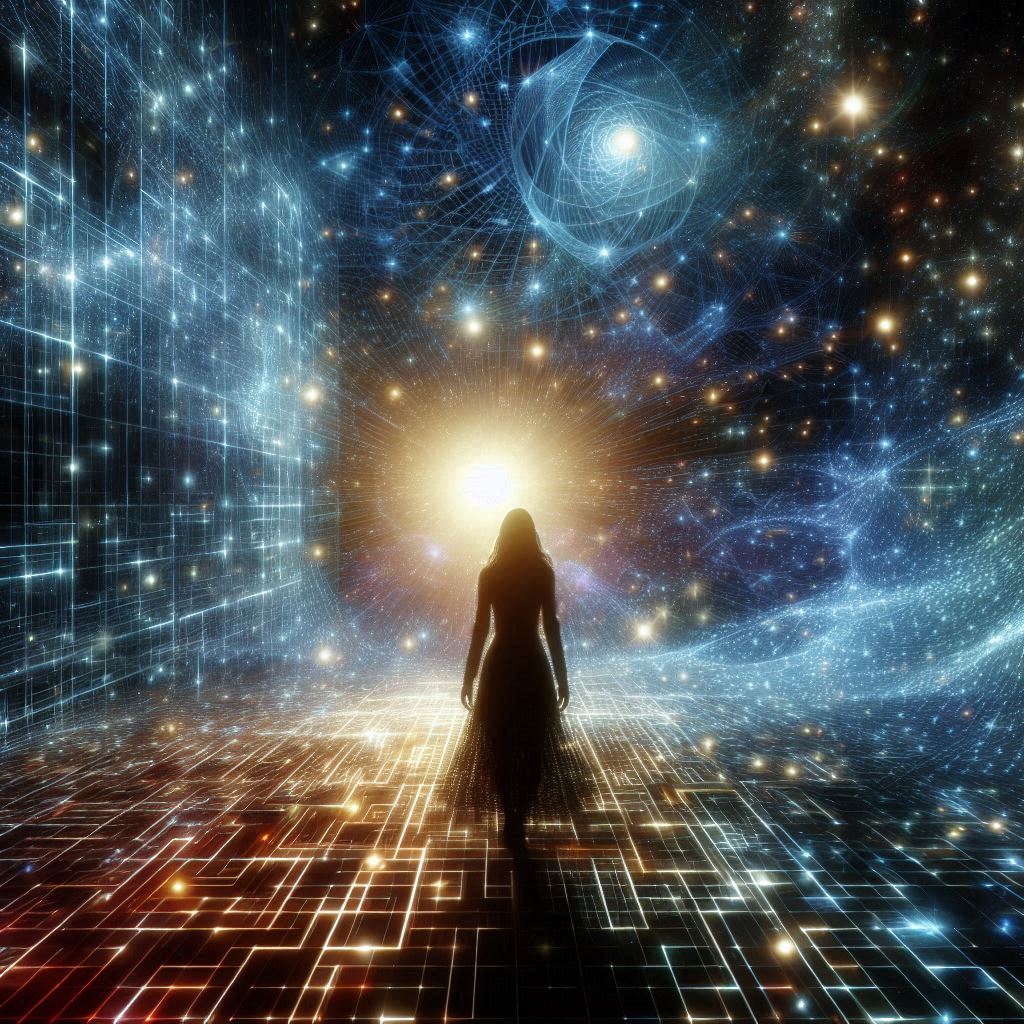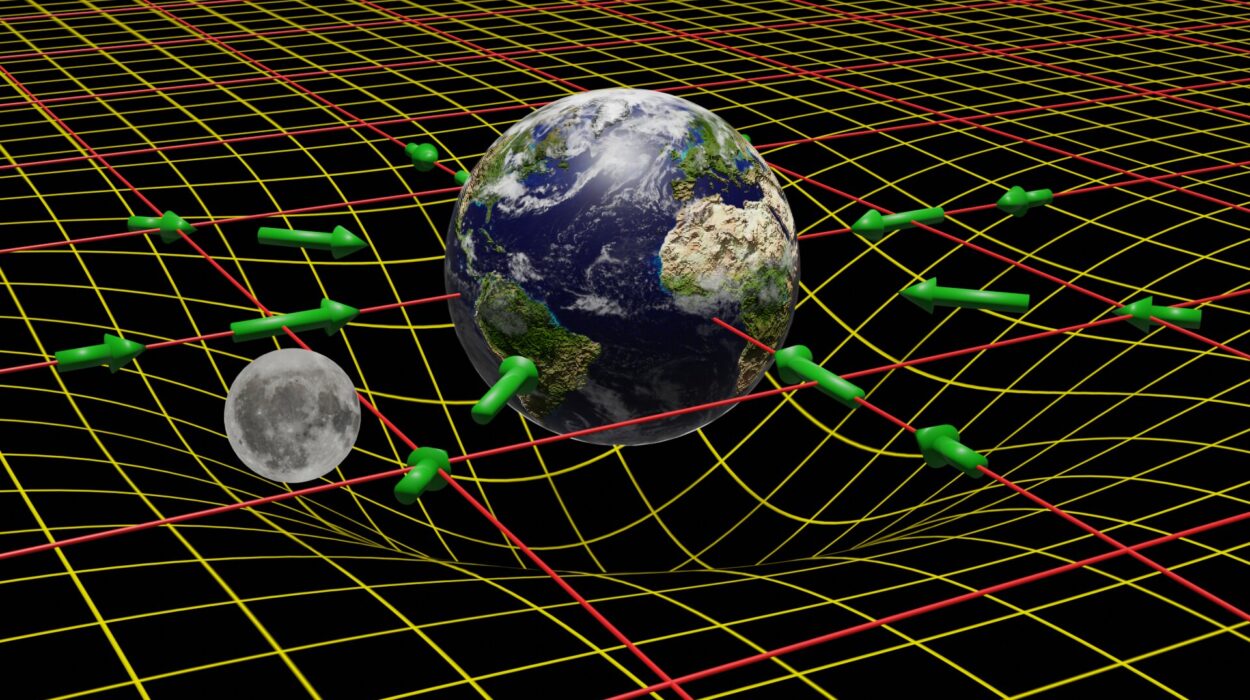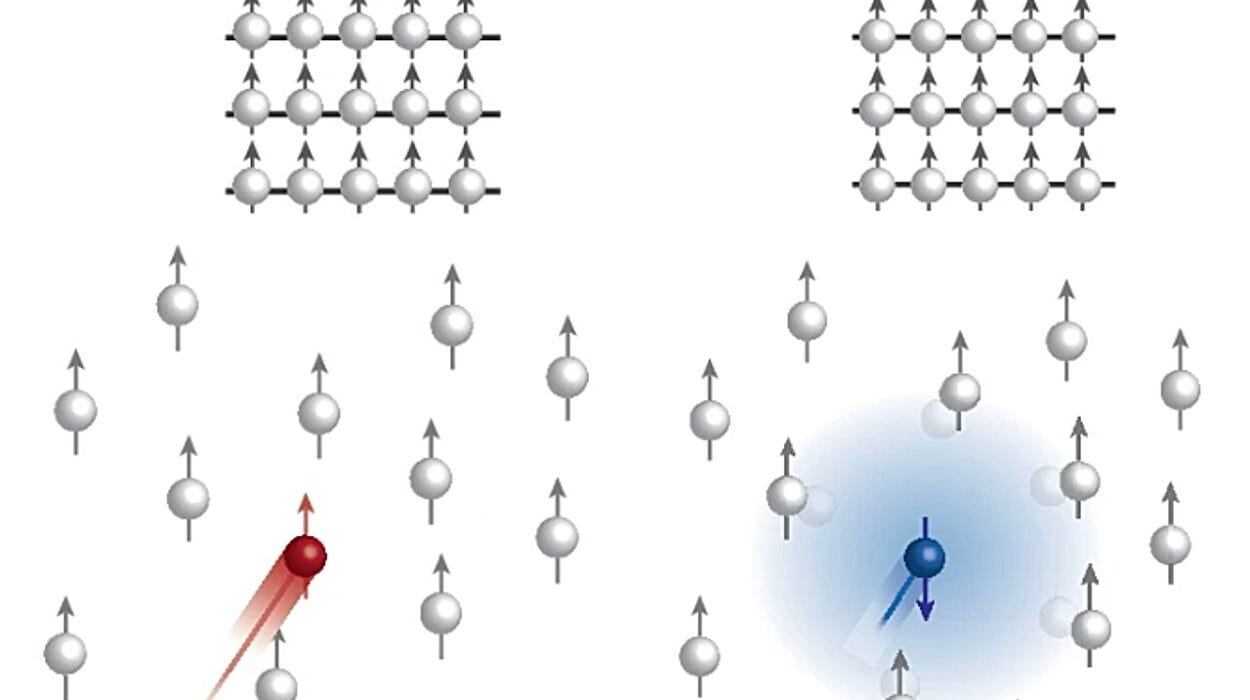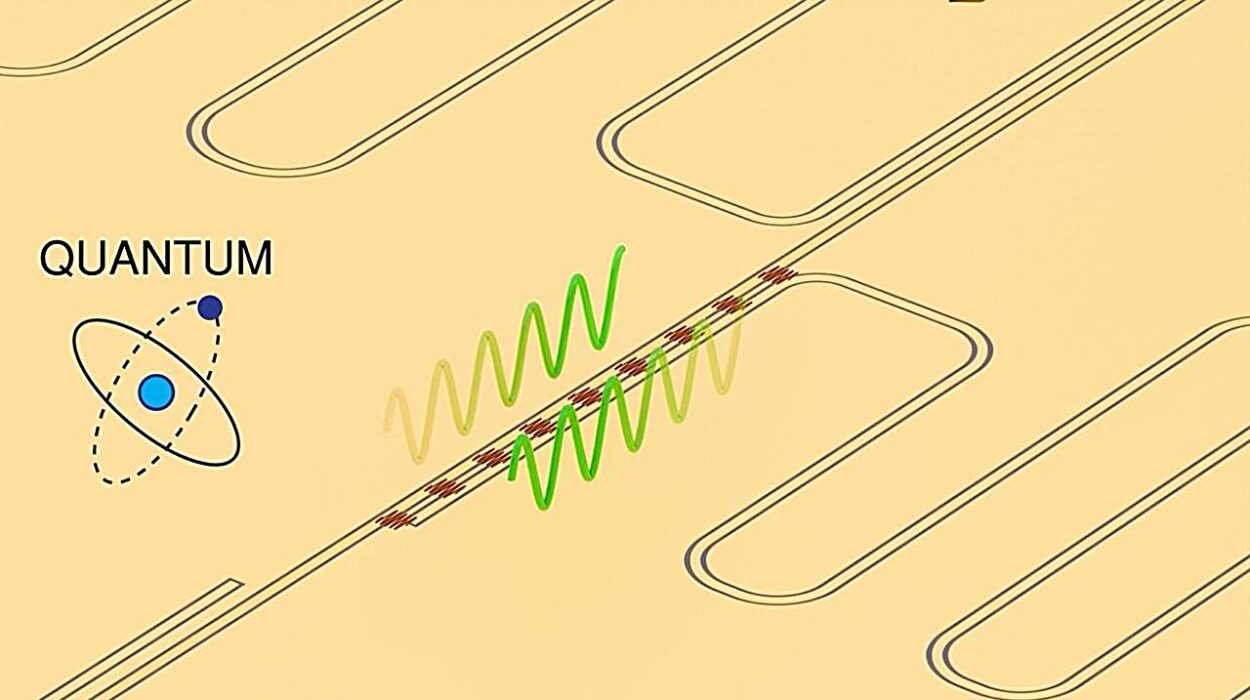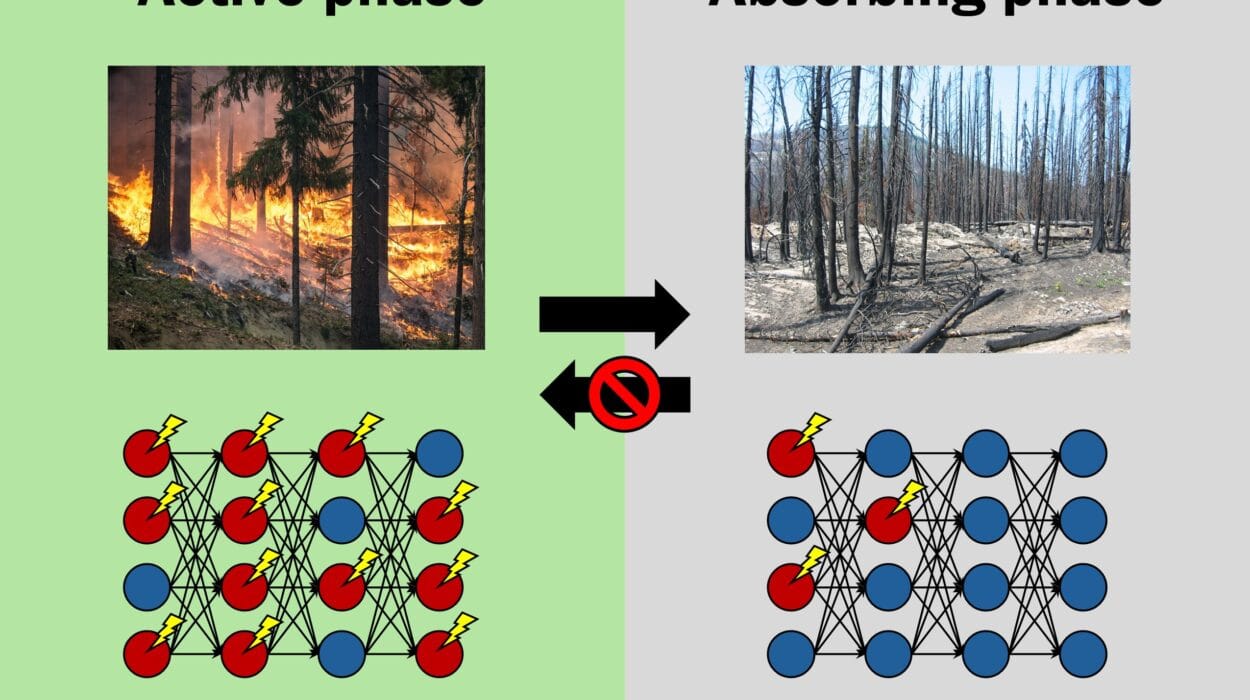For decades, the idea that we might be living inside a computer simulation has captured the imagination of philosophers, scientists, and storytellers alike. From The Matrix to Elon Musk’s speculations about simulated reality, the notion that our universe might be a digital construct created by an advanced civilization has seemed both fascinating and disturbingly plausible. But according to a groundbreaking new study from researchers at the University of British Columbia Okanagan, this idea is not just unlikely—it’s scientifically impossible.
Dr. Mir Faizal, Adjunct Professor at UBC Okanagan’s Irving K. Barber Faculty of Science, together with his international collaborators Dr. Lawrence M. Krauss, Dr. Arshid Shabir, and Dr. Francesco Marino, has mathematically demonstrated that the very nature of reality cannot be simulated by any computer, no matter how powerful. Their findings, published in the Journal of Holography Applications in Physics, go beyond debunking the simulation hypothesis. They reveal something deeper and far more profound: that the universe itself is built on a form of understanding that transcends computation.
The Allure of the Simulation Hypothesis
The simulation hypothesis is one of the most captivating philosophical ideas of the modern age. It begins with a simple question: if technology continues to advance, could a civilization eventually create a simulation so detailed that conscious beings within it would never realize they were simulated?
If such simulations were possible, the reasoning goes, then the number of simulated universes would vastly outnumber the “real” one, making it statistically likely that we are inside one. This recursive possibility—where simulations create their own simulations—forms the basis of what has been called the “simulation argument.”
For years, the idea seemed to hover between science fiction and metaphysics, beyond the reach of empirical proof. But now, the new research by Dr. Faizal and his team brings the debate squarely into the realm of physics and mathematics—and it ends with a definitive no.
The Nature of Reality Has Changed
To understand their conclusion, we first need to understand how physics itself has evolved. For centuries, scientists viewed the universe as a vast machine made of tangible matter moving through absolute space and time. This was the Newtonian universe—mechanical, predictable, and deterministic.
Then came Einstein’s theory of relativity, which shattered the idea of absolute space and time. Space and time, Einstein showed, were interwoven into a dynamic fabric—spacetime—that could bend, stretch, and ripple under the influence of mass and energy. Quantum mechanics soon followed, revealing that at the smallest scales, nature behaves in ways that defy classical logic.
Today, theoretical physicists are reaching even deeper. Emerging theories of quantum gravity suggest that space and time themselves may not be fundamental. Instead, they appear to arise from something more abstract—pure information.
This “information-based” view of reality suggests that the universe might be a kind of mathematical structure, an informational field from which everything, including spacetime, emerges. To some, this idea seemed to strengthen the simulation argument: if reality is based on information, couldn’t it be digital? Couldn’t it be simulated?
But Dr. Faizal’s team discovered a crucial detail that changes everything.
Beyond Computation: The Limits of Algorithms
The key to understanding why the universe cannot be simulated lies in the nature of computation itself. A computer, no matter how sophisticated, follows a series of algorithmic steps—logical instructions designed to process data. Every program, every algorithm, is bound by the limits of formal systems of logic and mathematics.
Here, the team invoked one of the most profound results in mathematical history: Gödel’s incompleteness theorem. Proposed by mathematician Kurt Gödel in 1931, the theorem states that in any logical system complex enough to describe arithmetic, there will always be true statements that cannot be proven within that system.
In other words, computation—no matter how powerful—will always encounter truths it cannot reach. There will always be facts that are true but impossible to derive through step-by-step logic.
Dr. Faizal and his collaborators extended this insight into the realm of physics. If the fundamental laws of reality were computational, then those laws would have to be capable of fully describing every aspect of the universe. But Gödel’s theorem implies that such a complete and consistent computational description of reality is impossible.
As Dr. Faizal explains, “We have demonstrated that it is impossible to describe all aspects of physical reality using a computational theory of quantum gravity. Therefore, no physically complete and consistent theory of everything can be derived from computation alone. Rather, it requires a non-algorithmic understanding, which is more fundamental than the computational laws of quantum gravity and therefore more fundamental than spacetime itself.”
What Is Non-Algorithmic Understanding?
The phrase “non-algorithmic understanding” may sound abstract, but its meaning is revolutionary. It describes a kind of comprehension that cannot be reduced to logical rules or computation.
Think of it like this: a computer can play chess perfectly according to programmed rules, but it doesn’t understand the beauty or creativity of the game. It processes symbols without awareness or meaning. Humans, however, grasp meaning intuitively. We can perceive truths that don’t emerge from strict logic alone—what philosophers sometimes call “insight” or “intuition.”
In mathematics, Gödelian truths exist beyond proof but remain undeniably real. Similarly, the researchers argue, the universe itself operates on principles that are beyond algorithmic computation. This kind of “non-algorithmic” structure forms the ultimate foundation of reality—one that no computer, however advanced, could ever replicate.
The Failure of a Simulated Reality
If the universe were a simulation, it would have to follow computable rules. Every particle, every quantum fluctuation, would need to be represented by digital information—bits processed by some cosmic computer. But if the underlying nature of reality is non-computational, as Dr. Faizal’s team shows, then no simulation—no algorithm—could capture it fully or consistently.
Even if one imagined a superintelligent civilization with infinite processing power, it would still be bound by the same mathematical limitations. Computation, by definition, cannot transcend the boundaries of logic and formal systems. Non-algorithmic understanding, on the other hand, lies beyond those boundaries—it is what gives rise to the rules themselves.
As co-author Dr. Lawrence M. Krauss explains, “The fundamental laws of physics cannot be contained within space and time, because they generate them. It has long been hoped that a truly fundamental theory of everything could eventually describe all physical phenomena through computations grounded in these laws. Yet we have demonstrated that this is not possible. A complete and consistent description of reality requires something deeper—a form of understanding known as non-algorithmic understanding.”
In short, the “computer” that could simulate our universe would have to operate on principles more fundamental than logic, computation, or even spacetime itself—a contradiction that makes simulation impossible.
The Implications for Science and Philosophy
The implications of this research ripple far beyond the simulation argument. By demonstrating that computation cannot fully describe reality, the study challenges a deeply ingrained assumption in modern science—that the universe is, at its core, a machine governed entirely by mathematical rules.
Instead, the findings suggest that there is an element of reality that transcends both mathematics and computation. This does not mean that science fails to describe nature—it means that the ultimate foundation of existence includes something that science, by its algorithmic nature, cannot fully capture.
This idea resonates with some of the most profound philosophical questions humanity has ever asked. What does it mean to “understand” the universe? Is consciousness itself a form of non-algorithmic understanding? Could the human mind, in perceiving and discovering truths beyond computation, be reflecting the same non-algorithmic essence that underlies the cosmos?
Such questions do not diminish science—they expand it. They invite physicists, mathematicians, and philosophers alike to consider the possibility that the universe’s most fundamental layer is not just informational, but experiential, even creative.
The End of a Digital Dream
For years, the simulation hypothesis offered a seductive vision of reality—one where everything, including consciousness, could be reduced to information and computation. It was a digital dream, appealing in its simplicity and elegance. But science, through the rigorous mathematics of Dr. Faizal and his colleagues, has now shown that the dream cannot hold.
Any simulation, by definition, is algorithmic—it follows coded instructions. Yet the universe, at its most basic level, does not. Its essence lies in a kind of non-algorithmic understanding that transcends computation entirely.
In other words, reality is not programmed—it is real.
A Universe Beyond the Machine
The idea that we are not living in a simulation is more than a scientific conclusion; it is a reaffirmation of something deeply human. It means that existence is not a line of code, that life and consciousness are not digital accidents, and that the universe itself is not the output of an alien computer.
Instead, it points toward a universe imbued with genuine depth—one that cannot be reduced to algorithms, where truth and understanding go beyond any computation. It is a universe that thinks, feels, and unfolds in ways that no machine could ever capture.
As Dr. Faizal reflects, “Any simulation is inherently algorithmic—it must follow programmed rules. But since the fundamental level of reality is based on non-algorithmic understanding, the universe cannot be, and could never be, a simulation.”
In the end, the dream of a simulated world gives way to something even more astonishing: a universe whose mystery cannot be computed but must be understood.
And perhaps, in that mystery, we find not limitation—but meaning.
More information: Mir Faizal et al, Consequences of Undecidability in Physics on the Theory of Everything, Journal of Holography Applications in Physics (2025). DOI: 10.22128/jhap.2025.1024.1118. On arXiv: DOI: 10.48550/arxiv.2507.22950
